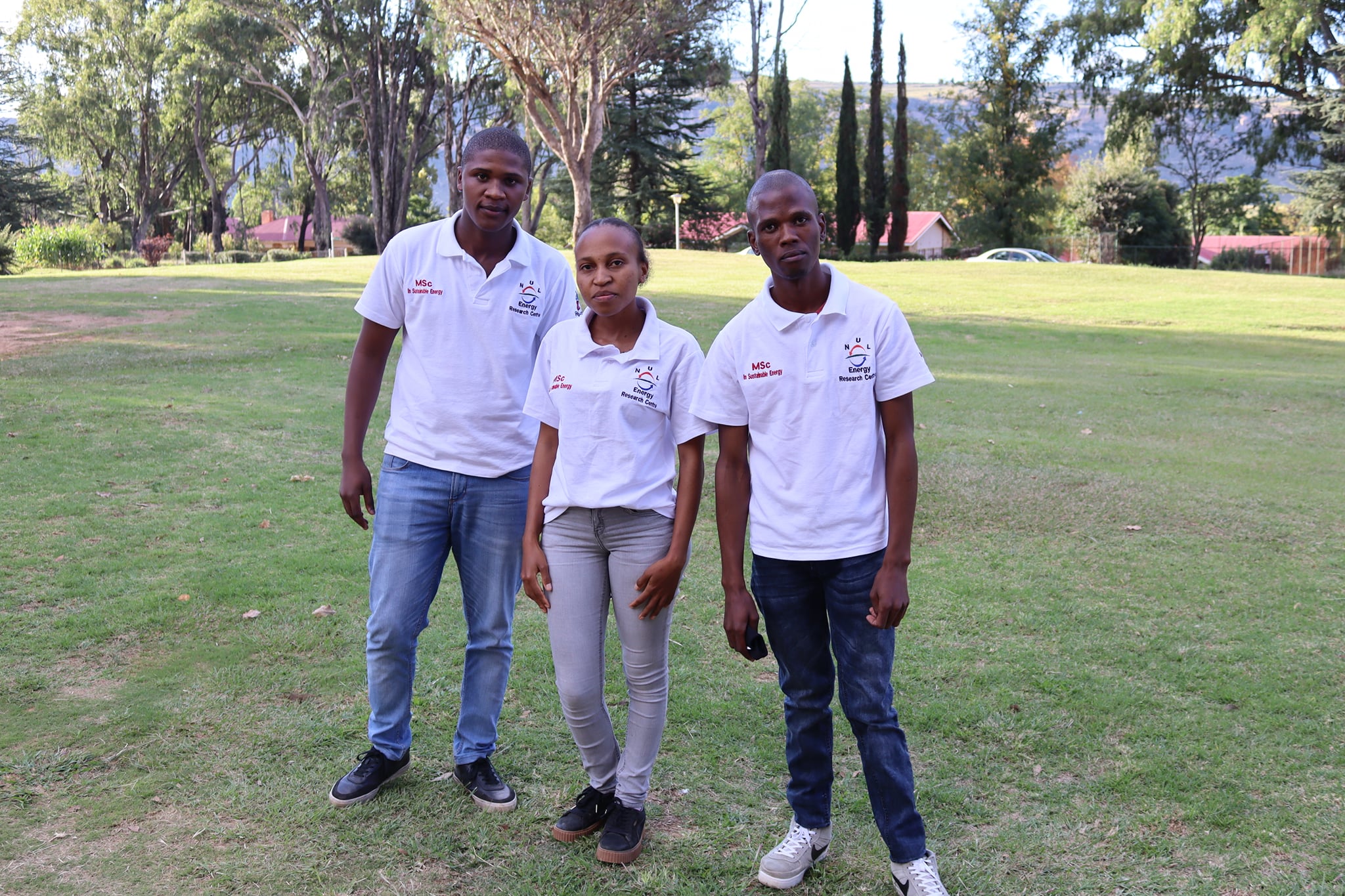by
Moses M.M. Daemane I Department of Development Studies I National University of Lesotho (NUL).
Journal of Sustainable Development in Africa Volume 16, No.2, 2014
ABSTRACT
This paper is an analytic review of urbanization and urban governance implications and/or problems versus sustainable urban development and poverty reduction. The analysis specifically dwells on the socio-economic and political status of the ‘urban poor’ in Lesotho. There is a need for good urban governance responsive to needs of citizens, particularly the poor. Such governance through local governance needs to concentrate on making cities more inclusive, in direct support of marginalized groups living in poverty, who are excluded from the political processes. Good urban governance ensures that everyone regardless of status, gender, race, age or religion, is enabled to participate productively and positively in the opportunities cities offer. Social inclusion is central to sustainable urban development. Development thinking is also increasingly stressing the importance of human capital, that is, the important contributions all people including the poor can make to sustainable urban development. Furthermore, decentralization has focused attention on the local level, as good entry point for addressing wide range of social issues including poverty.
[Join Phuthalichaba, the Future Bank of the People by the NUL Innovation Hub here: www.phuthalichaba.com]


